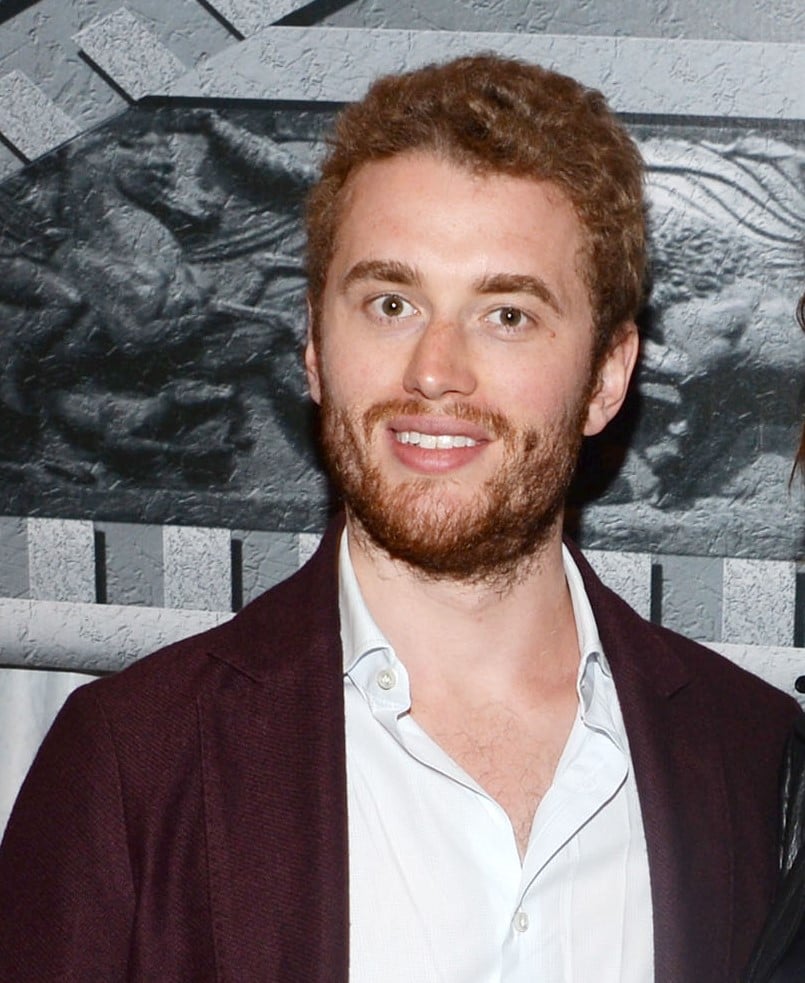
The scandal surrounding troubled art dealer Inigo Philbrick is heating up. A British judge has issued an order to freeze millions of dollars worth of his assets in the wake of several lawsuits alleging that he is improperly holding or has sold major artworks that don’t belong to him.
The so-called “freezing injunction,” dated November 7 and first reported by ARTnews, was issued in response to a request from Fine Art Partners (FAP), a German company that collects art and is currently targeting Philbrick in court.
FAP sued Philbrick in early October in Florida, accusing the well-connected dealer of breaching their agreement and improperly withholding art worth approximately $14 million. Until recently, Philbrick—who comes from a celebrated art-world family and who got his start at London’s White Cube gallery—operated spaces in London and Miami. The Miami space now appears to have closed; calls to the gallery went unanswered.
The German company FAP is seeking the return of valuable blue-chip art that it had entrusted Philbrick to sell, including two stainless steel works by Donald Judd; a piece by Wade Guyton; two Christopher Wool paintings; a work by Yayoi Kusama that is now on view at the ICA Miami; and two Rudolf Stingel paintings, one of which has become the target of yet another ownership claim.
“The reach of this alleged fraud is as significant geographically as it is financially; many people in many jurisdictions, here and abroad, are claiming to have been victimized to the tune of many tens of millions of dollars,” said Judd Grossman, a Manhattan art lawyer representing a third Stingel claimant and a number of individuals and entities impacted by the alleged scheme.
According to the order issued by London’s High Court, a copy of which was obtained by Artnet News, the seizure will come as a surprise: the directive was made without providing advance notice to Philbrick. He has now been forbidden from removing any assets “up to the value of $13.7 million” from England and Wales until the next hearing on November 20, according to the documents. The order applies not only to artwork in the country, but also to funds held in HSBC and Santander bank accounts controlled by Philbrick.
Neither Philbrick nor his attorney immediately responded to Artnet News’s request for comment.
Yayoi Kusama, All the Eternal Love I Have for the Pumpkins, detail, 2016. Wood, mirror, plastic, acrylic, LED. Courtesy Ota Fine Arts, Tokyo/Singapore and Victoria Miro, London. © Yayoi Kusama.
The public will soon know more about this saga. The order stipulates that within five days, Philbrick must provide information on each one of the works listed, including whether it has been sold; who or what entity has title; how much it sold for; and where the proceeds from the sale are being held.
One of the works mentioned that is of particular interest is Kusama’s installation All the Eternal Love I Have for the Pumpkins (2016), which includes a request to provide information about “when the artwork was sold to MVCA.” This is a reference to a Riyadh, Saudi Arabia entity that is reportedly the current owner of the installation. ICA Miami, which has the Kusama work on display, lists “Collection of the Royal Commission for Al-Ula,” a reference to the Saudi city that the kingdom hopes to transform into a cultural destination, as the lender’s name. Philbrick is listed as a supporter of the show.
This is likely not the end of Philbrick’s legal trouble. FAP also plans to file a claim in Germany as soon as possible, according to the order.